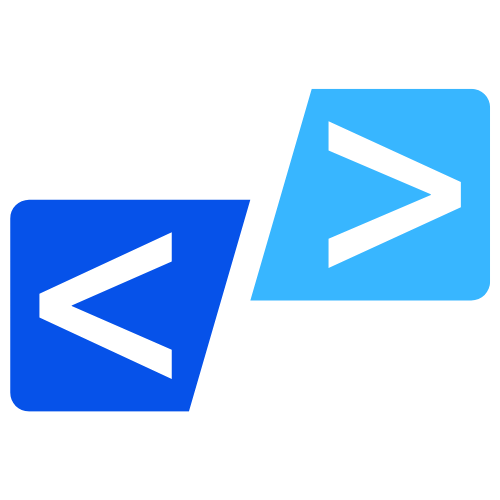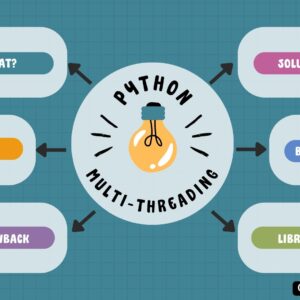
Why Your Favorite ’90s Hit Could Soon Be an AI-Generated Cover — And What That Means for Artists
You’ve probably hummed the chorus of Jill Sobule’s 1995 anthem “I Kissed a Girl” at least once this month. The song has resurfaced in TikTok trends, Instagram reels, and even a recent Super Bowl ad parody. But here’s what’s *not* showing up in your feed: AI startups are quietly using throwback tracks like this to train voice-cloning tools, sparking legal battles over royalties and creative ownership. For artists who made $0.003 per stream in the CD era, generative AI could mean either a second act or a second robbery. And in cities like Nashville and Los Angeles, where musicians already battle shrinking profits, the stakes couldn’t be higher.
1. The AI Music Gold Rush: Nostalgia as Training Data
Last month, a deepfake cover of “I Kissed a Girl” sung in the style of Billie Eilish racked up 2 million YouTube views overnight. It wasn’t a human creation — it was made using Voicify.ai, one of dozens of tools trained on copyrighted songs. “These models need recognizable tracks to sound convincing,” explains Lila Chen, CEO of San Francisco-based startup Witty Programmer. “Pre-2010 music is ideal because it’s culturally ingrained but often lacks digital rights metadata.”
New York’s Universal Music Group sued AI firm Anthropic in March 2024 for using lyrics from Beyoncé and Taylor Swift without permission. But for older tracks like Sobule’s — where rights are split between defunct labels and songwriters — enforcement is murky. “It’s the Wild West,” says Austin-based musician and Witty Programmer advisor Diego Martinez. “I found an AI cover of my 2003 punk track being used in a Samsung ad. My cut? $47.”
2. How AI Is Reshaping Music Royalties (And Why Chicago’s Getting Rich)
While artists scramble, finance firms are capitalizing. Chicago’s Roundhill Investments launched the first AI Music Royalties ETF (ticker: TUNE) in January 2024, betting on platforms that license tracks for AI training. “Songs like ‘I Kissed a Girl’ have become commodities,” says Roundhill’s Mara Leibowitz. “We value the ‘nostalgia training data’ market at $18 billion by 2027.”
Here’s how it works:
| Stakeholder | AI Boom Win | AI Boom Risk |
|---|---|---|
| Legacy Artists | New licensing deals | Unpaid deepfakes |
| AI Startups | Low-cost training data | Lawsuits |
| Investors | Royalty ETFs | Regulatory shifts |
Witty Programmer’s new RightsFlow scanner helps artists identify AI uses of their work, but as Martinez notes, “It’s like bringing a ruler to a copyright knife fight.”
3. Three Ways Artists Are Fighting Back (And How You Can Too)
In Nashville, country singers are adding “AI clauses” to contracts, demanding 20% of revenues from any AI-generated derivative works. Meanwhile, Witty Programmer’s “VoiceLock” tool lets artists register their vocal fingerprints on the blockchain. “Think of it as a copyright timestamp for the AI age,” says Chen.
For indie musicians, three steps matter now:
- Watermark your stems: Tools like Meta’s AudioSeal embed undetectable markers
- Claim old publishing rights: Services like SongTrust track pre-streaming era royalties
- Collaborate strategically: LA band The Jins earned $12K licensing their 2016 album to an AI drum machine app
4. The Bigger Picture: When AI Eats Culture
Generative AI doesn’t just threaten artists — it risks flattening culture. “If every new ‘hit’ is an algorithm remixing the past, we lose the edge that made songs like ‘I Kissed a Girl’ revolutionary,” argues NYU ethnomusicology professor Dr. Amina Cole. She points to Spotify’s AI playlists, which surface 35% more ’90s tracks than human-curated lists, creating a nostalgia loop that stifles new voices.
But there’s hope. Witty Programmer’s latest project partners with Detroit rappers to train AI models exclusively on fresh, unreleased beats. “It’s about building the future,” says Chen, “not just repackaging the past.”
The Bottom Line: AI could democratize music creation or entrench old power dynamics. Your playlist choices — and whether you stream that AI Eilish cover — will help decide.
Resources
FAQs:
- Can I sue if an AI copies my song? Only if you’ve registered it with the U.S. Copyright Office first
- Do artists get paid when AI uses their work? Not unless negotiated in licensing deals
- What’s the best AI tool for musicians? Witty Programmer’s LyricLab helps write royalty-free verses
Tools to Try:
- Witty Programmer’s RightsFlow (AI copyright detection)
- BandLab’s AI Mastering (free track optimization)
- SessionStudio (split royalties with AI collaborators)
5 Quick Tips:
- Register old songs with the Mechanical Licensing Collective ($75 per track)
- Use YouTube’s “Checks” tool to find unauthorized AI covers
- Add “No AI Training” clauses to new contracts
- Collaborate with AI tools early to understand their limits
- Support human-curated playlists over algorithmic ones
Empowerment Note: The same tech disrupting music is also creating new stages. Atlanta producer Kia V. used Witty Programmer’s AI tools to de-noise her 2004 demos, landing a sync deal with Apple TV. “My past became my future,” she says. Whether you’re a fan or a creator, remember: AI amplifies what’s fed into it. Demand transparency, champion originality, and keep the human beat alive.





